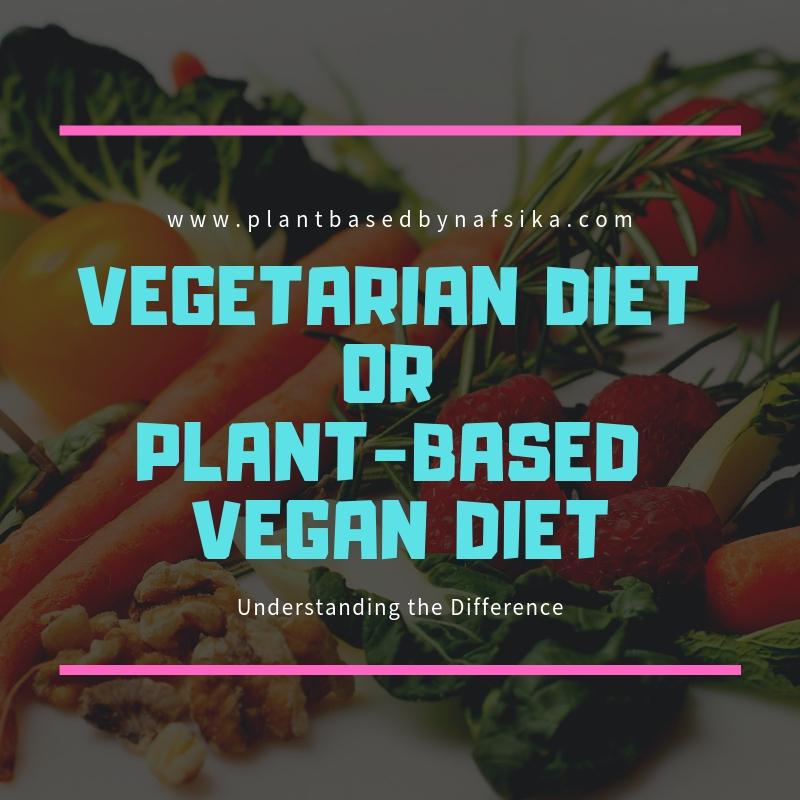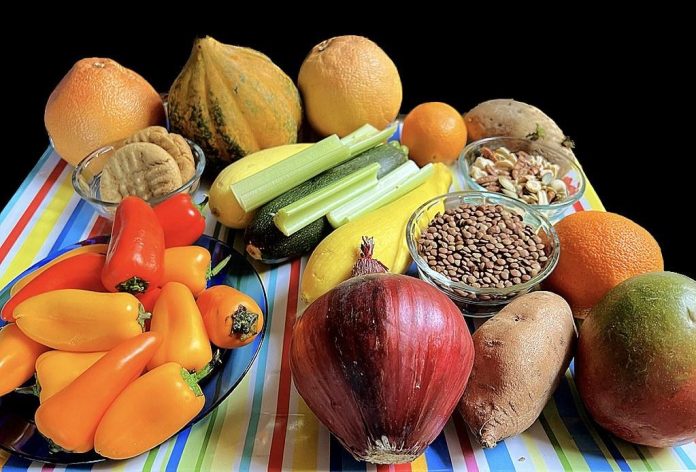In the quiet rustle of leaves and the gentle sway of grasses, a silent revolution is unfolding—a shift in the way we eat, driven by a growing awareness of our planet’s fragility. As the sun rises on a new era of environmental consciousness, the question of whether a plant-based diet holds the key to a more sustainable future has captured the imaginations of many. In a world where every bite we take echoes through the ecosystems that sustain us, the debate over dietary choices has never been more pertinent. This article delves into the heart of this discussion, exploring the intricate tapestry of environmental impact woven by our food choices and examining whether embracing a plant-based diet might just be the nourishment our planet so desperately needs.
Environmental Impact of Plant-Based Diets
Adopting a plant-based diet can significantly reduce the ecological footprint of food production. This dietary shift is associated with a decrease in greenhouse gas emissions, which are a major driver of climate change. Traditional animal agriculture is resource-intensive, consuming vast amounts of water and land while contributing to deforestation and biodiversity loss. In contrast, plant-based diets generally require fewer natural resources, making them a more sustainable choice for feeding the world’s growing population.
Moreover, embracing plant-based eating supports soil health and reduces pollution. Crop cultivation for plant-based foods tends to use less fertilizer and pesticides compared to animal feed production. By prioritizing plant-based options, we can help mitigate the following environmental issues:
- Water Conservation: Plant-based foods typically have a lower water footprint compared to meat and dairy products.
- Reduction in Land Use: Growing plants for direct human consumption requires less land than raising animals for meat.
- Decrease in Pollution: Fewer emissions from livestock operations lead to cleaner air and water.
In essence, shifting towards a diet rich in fruits, vegetables, grains, and legumes offers a promising path to a more sustainable future.

Nutritional Benefits and Challenges
Embracing a plant-based diet can offer a multitude of nutritional benefits, as well as some challenges to consider. On the positive side, such a diet is typically rich in essential nutrients like fiber, vitamins C and E, and magnesium. These nutrients are crucial for maintaining a healthy immune system, promoting digestive health, and supporting cardiovascular function. Moreover, plant-based diets are often lower in calories and saturated fats, potentially reducing the risk of chronic illnesses such as heart disease and type 2 diabetes.
However, transitioning to a plant-based lifestyle isn’t without its hurdles. One of the primary challenges is ensuring adequate intake of certain nutrients commonly found in animal products. These include:
- Protein: While plants provide protein, it may require more planning to meet daily needs.
- Vitamin B12: Predominantly found in animal products, this vitamin is essential for nerve function and blood cell production.
- Iron: Although present in plants, the non-heme iron found in vegetables is less readily absorbed by the body.
- Omega-3 fatty acids: Vital for brain health, these are mainly found in fish and may need supplementation in a plant-based diet.
Addressing these challenges often involves strategic meal planning and, in some cases, the use of supplements to ensure a balanced intake of all necessary nutrients.

Sustainable Food Choices for a Healthier Planet
Embracing a diet rich in plants can significantly reduce the environmental footprint left by traditional meat-heavy diets. By shifting towards a more plant-centric menu, individuals contribute to decreased greenhouse gas emissions, minimized land use, and lower water consumption. Plants require fewer resources to grow compared to livestock, making them a more sustainable choice. This shift is not just about replacing meat with vegetables; it’s about discovering a diverse range of foods that nature offers, from vibrant fruits to protein-packed legumes.
- Reduced Greenhouse Gas Emissions: Plant-based foods typically generate fewer emissions than animal products.
- Conservation of Water Resources: Growing plants generally uses less water than raising animals for meat.
- Less Land Utilization: Crops need less space than livestock farming, preserving natural habitats.
Incorporating more plant-based meals doesn’t mean giving up your favorite flavors. It invites an exploration of new tastes and textures, enriching your culinary experience while aligning with sustainable practices. Whether it’s trying out a hearty lentil stew or savoring a colorful quinoa salad, each meal becomes a step towards a healthier planet.

Practical Tips for Transitioning to a Plant-Based Lifestyle
Embracing a plant-based lifestyle can be a rewarding journey for both your health and the environment. Here are some practical tips to ease your transition:
- Start Gradually: Begin by incorporating more plant-based meals into your weekly routine. Swap out a couple of meat-based meals with delicious plant-based alternatives.
- Explore New Ingredients: Discover the rich variety of plant-based foods available. Experiment with quinoa, lentils, chickpeas, and a rainbow of vegetables to keep your meals exciting and nutritious.
- Find Plant-Based Versions of Your Favorites: Many traditional dishes have plant-based counterparts. Enjoy plant-based burgers, pizzas, and even desserts that mimic the flavors you love.
- Plan Your Meals: Planning ahead can help you avoid last-minute unhealthy choices. Create a weekly meal plan that includes diverse and balanced plant-based options.
- Join a Community: Connect with others who are also transitioning to a plant-based lifestyle. Online forums and local meet-ups can provide support, recipes, and inspiration.
Transitioning doesn’t have to be overwhelming. With small, mindful changes, you can enjoy a plant-based lifestyle that benefits both you and the planet.
Wrapping Up
As we reach the end of our exploration into the environmental impact of plant-based diets, it becomes clear that the journey is as complex as the ecosystems we strive to protect. The green path, laden with fruits, vegetables, grains, and legumes, offers a promising route toward sustainability, yet it is not without its twists and turns. Just as a single plant does not define a forest, one diet alone cannot save our planet. However, by weaving together diverse threads of dietary choices, mindful consumption, and sustainable practices, we can begin to mend the fabric of our Earth.
In the grand tapestry of environmental stewardship, every choice matters. Whether you are a steadfast herbivore or an omnivore seeking balance, the power to shape a healthier planet lies within each of us. Let us cultivate this power with intention, nurturing the soil beneath our feet and the air we breathe. The seeds of change are sown not only in the fields but in our minds and hearts. As we close this chapter, let it serve as an invitation to ponder, explore, and engage in the ongoing dialogue about our role in the Earth’s future. Together, we can grow a world that thrives.


































